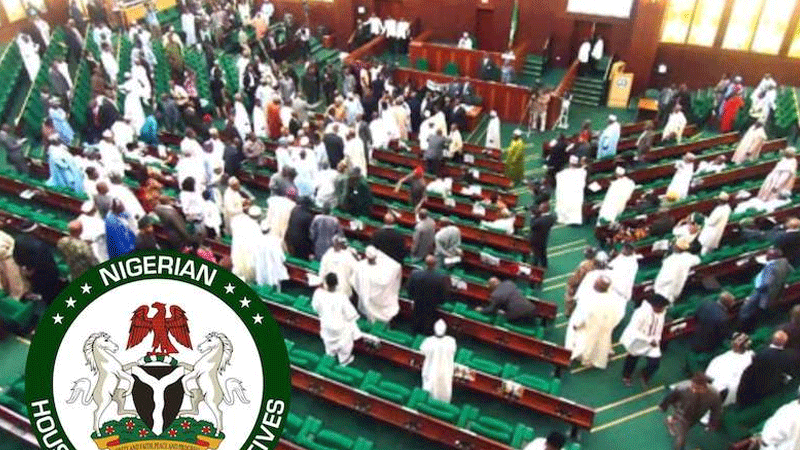The authorities should stop the cyclical waste called turnaround maintenance of refineries
In one of those usual frank admissions of failure for which this administration is familiar, Vice-President Yemi Osinbajo said last week that “if the refinery is left in the hands of the government, it will continue to experience the same problem it is experiencing now.” He said it is not the business of government to run the refineries. Against the background of the current negotiation with organised labour over the recent hike in fuel prices, the federal government must summon the courage for a full deregulation of the sector which should include putting an end to the regime of wasteful turn around maintenance (TAM) of the moribund refineries.
After reportedly spending about N276 billion to repair and maintain the refineries between 2015 and 2018, and without any appreciable results, talks about another N600 billion planned expenditure on repairs to get them back up on stream should not be accommodated. The refineries have not worked for a long time now and have remained insolvent from lack of production. From experts’ point of view, the problem with them isn’t that they are old or outdated; or that they cannot be fixed. Their problem is simply about poor governance processes linked to the government’s firm control over them.
Nigeria built its first refinery in 1965 at Alesa Eleme in Port Harcourt. When it did, the plant’s initial production capacity was 38,000 barrels a day (bd) which was enough for the domestic economy’s consumption then. This was later expanded to 60,000bd as demand surged.
The Nigerian National Petroleum Corporation (NNPC) which ran the refinery subsequently built another in Warri in 1979 with a 100,000bd production capacity; it did this because demand for refined petroleum products continued to grow and it had to import to augment. The Kaduna refinery and a second in Eleme, were again built and added to the NNPC’s refinery outfits within the 1980s, collectively raising Nigeria’s oil refining capacity to 445,000bd. They also adequately met her domestic demands for refined products at the time, and even portions exported. But from the 1990s, their outputs began to decline while the country’s population grew. At some point, the four refineries were unable to meet domestic demands for refined petroleum products and the NNPC fell back on importation.
For as long as our refineries remain within government’s absolute control, as the vice president has admitted, Nigeria will continue to lose value from their existence, scarce financial resources will be wasted on their repairs, salaries will be paid to hundreds of workers for doing nothing, and the country’s downstream petroleum sector will remain untapped to move millions out of poverty. The many years of idleness, financial insolvency and burden on the country are enough reasons to consider them for alternative use. It’s either they are sold to private operators through a privatisation exercise or put into a transparent joint venture ownership and operatorship arrangement with trusted private investors.
The reality is that Nigeria is fiscally broke and should spend scarce money wisely. The times we live in demand of governments across the world to be economically thoughtful and we have seen a lot of Nigeria’s fellow oil producing nations consider and take proactive economic decisions and choices. We cannot continue to rely on imported petrol to survive – it is bad for our energy security. And we cannot equally spend scarce resources on phony refineries’ repairs. We need a clear and sensible solution to the country’s refineries’ dilemma. And such sound solutions are not impossible to initiate.





